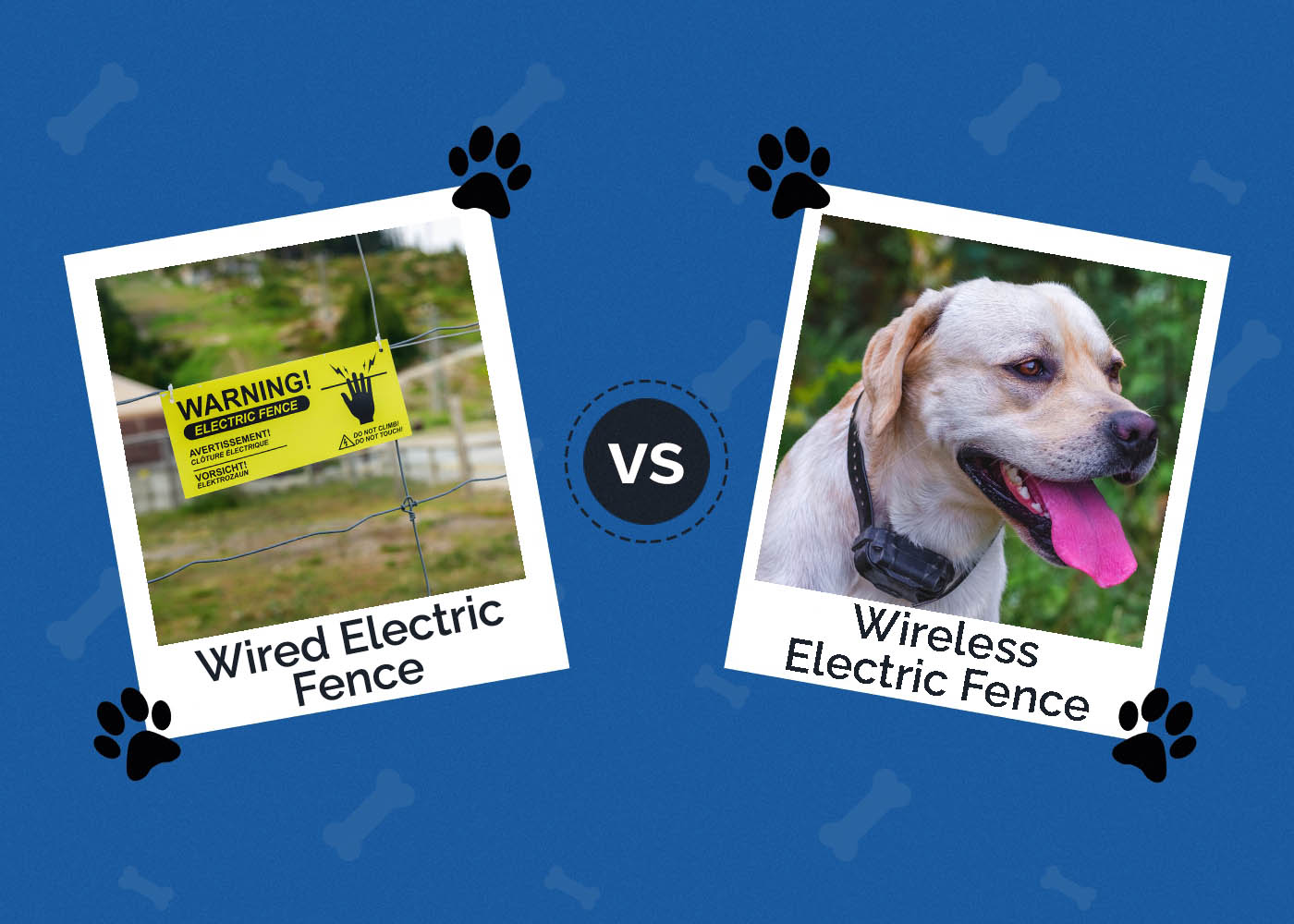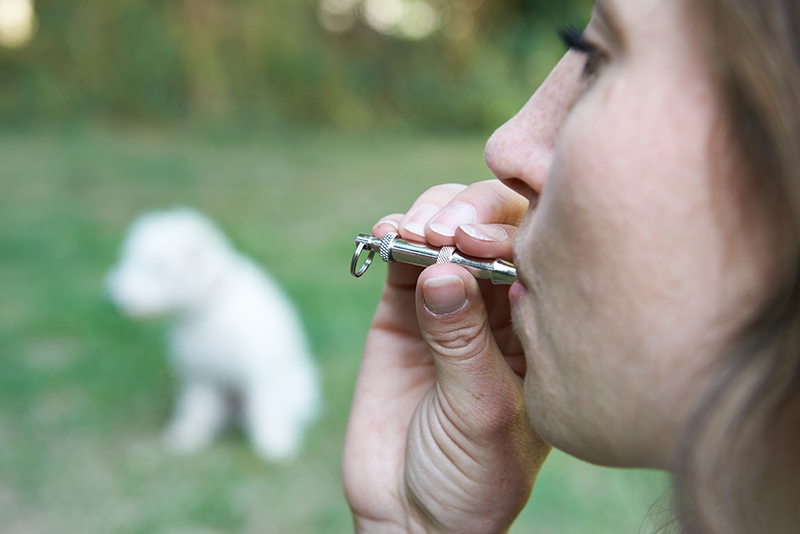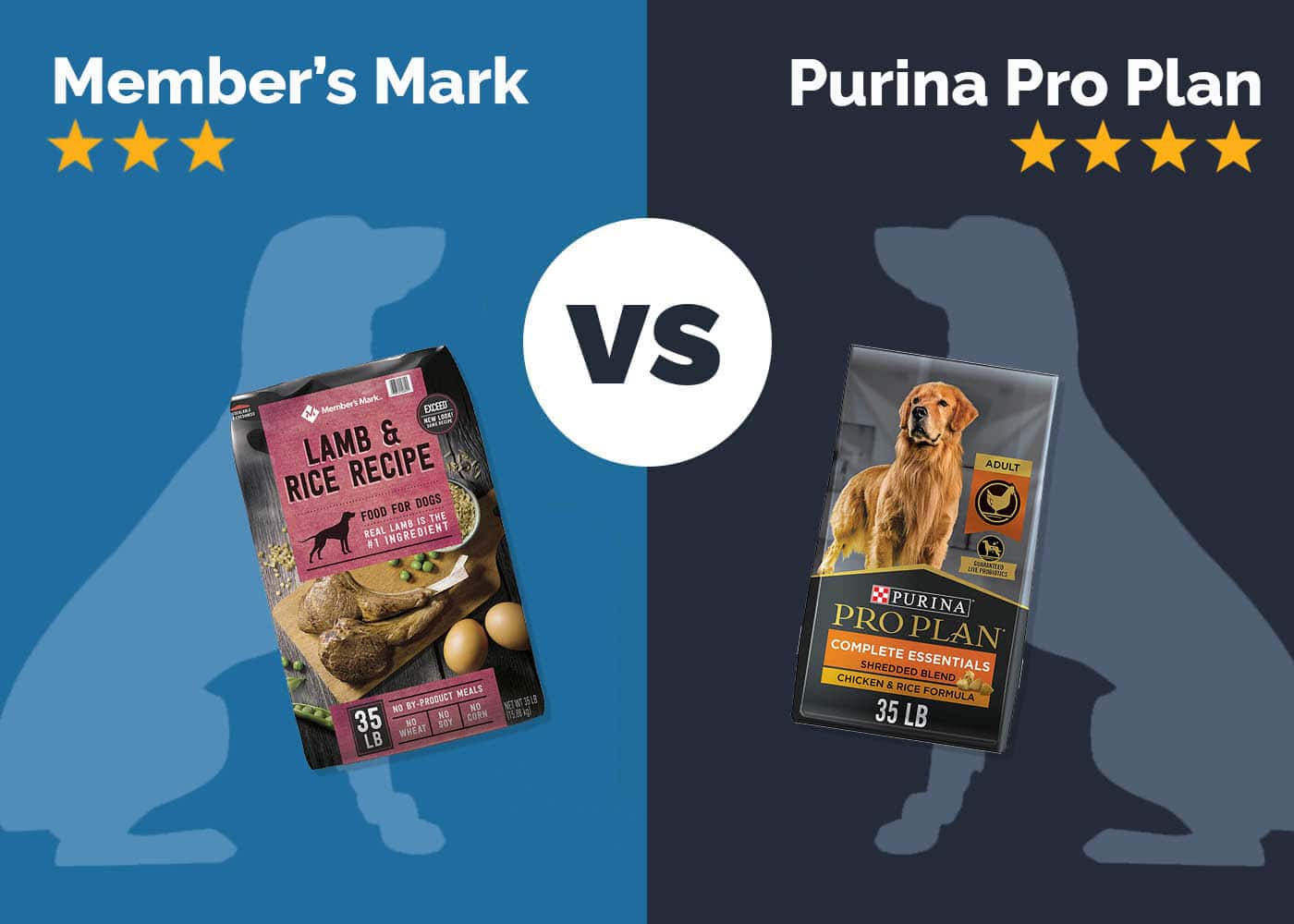How Much Should You Feed a Golden Retriever? Puppy to Adult Feeding Chart

Updated on
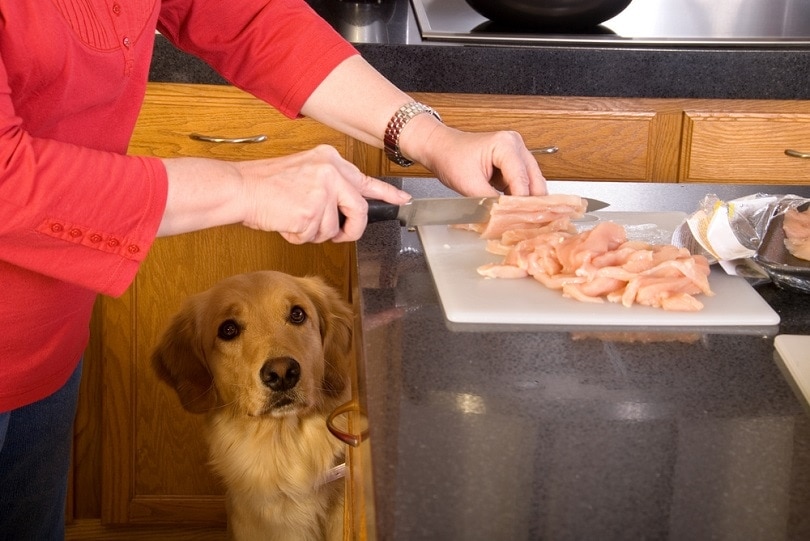
Click to Skip Ahead
This is especially true with feeding, which can lead to obesity or malnutrition if they’re not fed the proper amounts. Thankfully, we’re here to clear the air and help you understand the diet needs of Golden Retrievers. While it’s best to ask your vet, this article is a great go-to in a pinch.
Let’s dive into the dietary needs of Golden Retrievers and what you’ll need to do to have a happy, healthy dog.
Feeding Chart
Important Note: The amount of calories each dog needs for healthy growth and development depends on many factors, including their age, breed, and activity level. These charts are general guidelines for healthy young dogs, but we recommend confirming them with your vet.
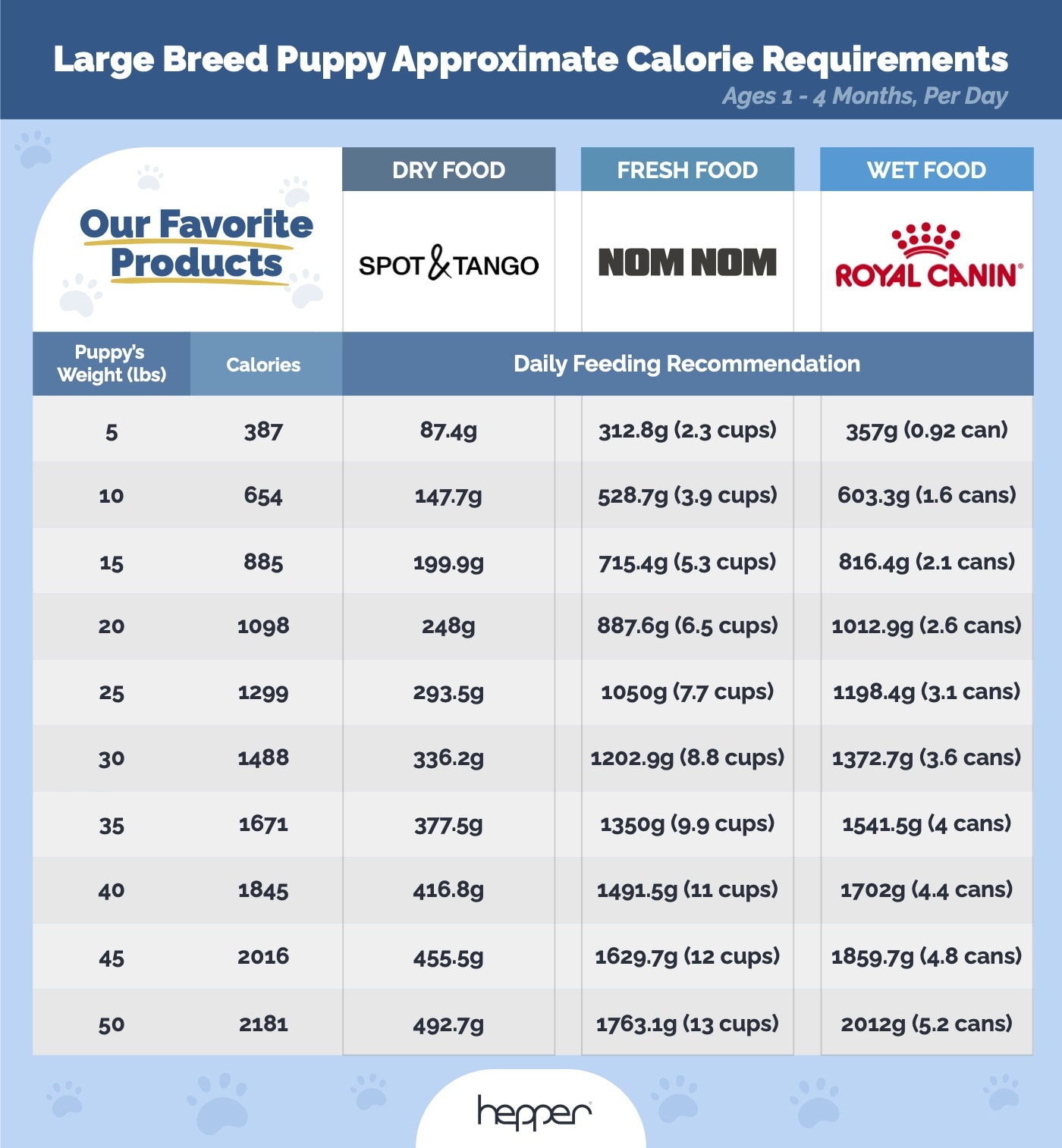
You can also complement this guide by using our dog food calculator here:
The exact amount of calories an individual animal needs to maintain a healthy weight is variable and influenced by many factors including genetics, age, breed, and activity level. This tool is meant to be used only as a guideline for healthy individuals and does not substitute veterinary advice
What to Feed My Golden Retriever Puppy
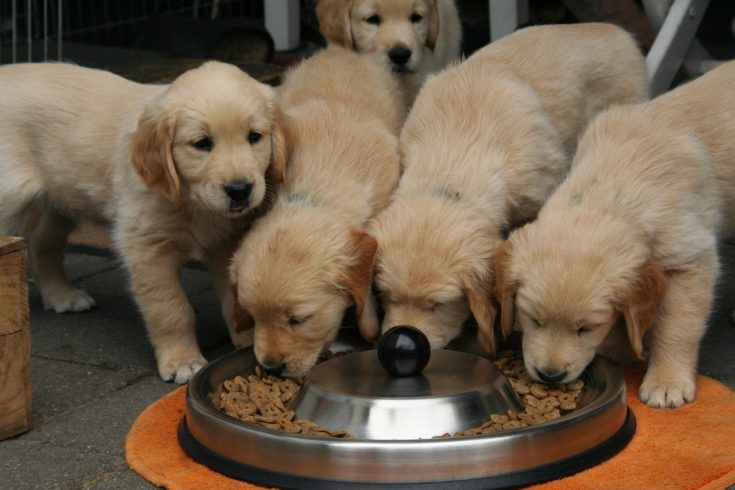
Puppies need a lot of nutrients per day to support their activity levels and their growing bodies, so it’s crucial to purchase dry dog kibble that is specifically made for large-breed puppies.
Look for formulas that are high in protein with smaller kibble pieces, checking the label to ensure it is a complete and nutritious diet. Many people assume that there is no difference between puppy and adult food, but the difference lies in the nutritional value.
Wet canned food is often something new dog owners ask about, though wet food tends to be better suited for smaller breeds. Typically, large-breed puppies and dogs do well with kibble alone, since they’re formulated for large breeds. Unless recommended by your vet, wet food is not a necessary addition to your puppy’s meals.
Avoiding Underfeeding & Overfeeding Your Golden Retriever
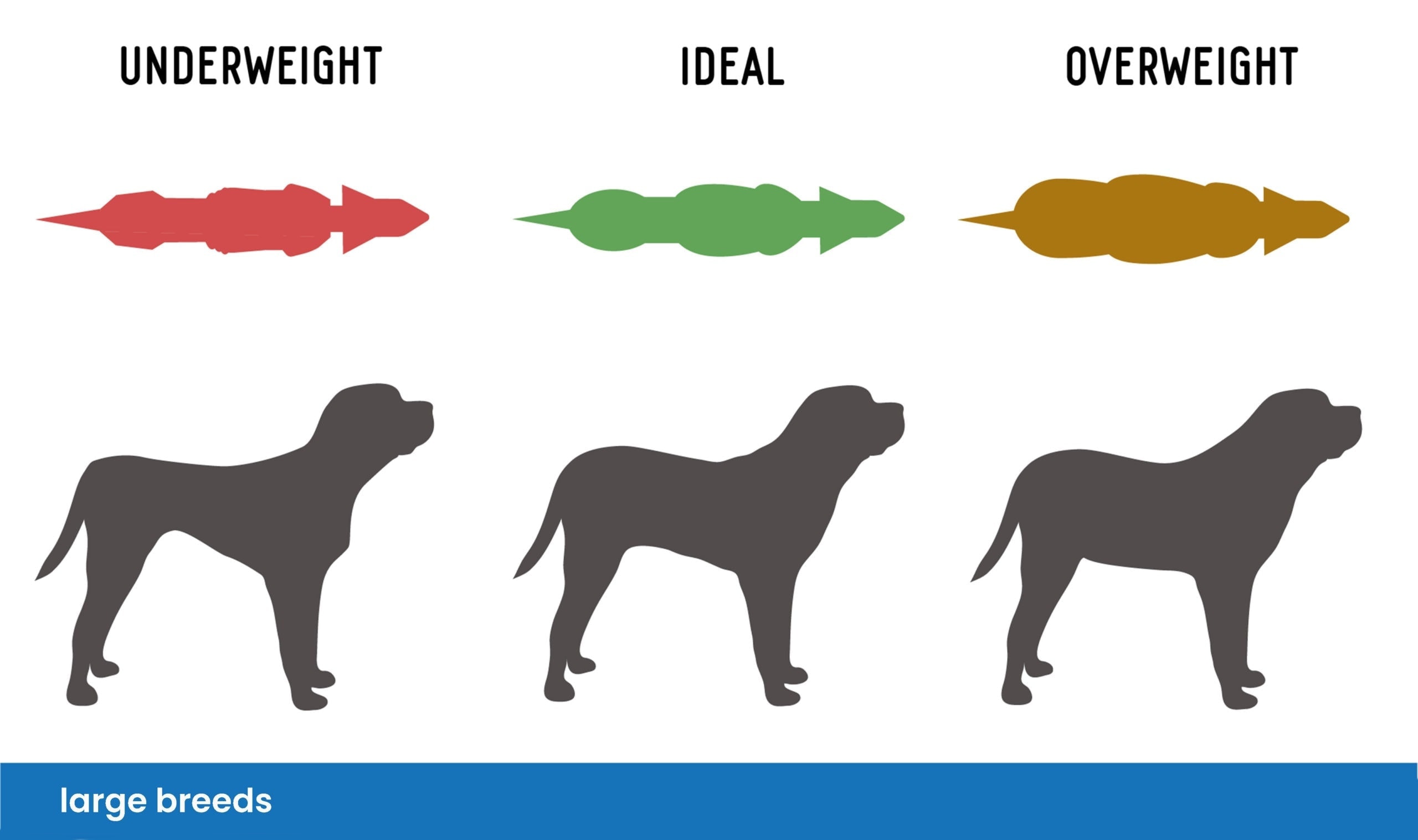
Overfeeding and underfeeding can happen, so it’s crucial to know how much to feed your growing puppy. While overfeeding tends to happen way more, underfeeding can be dangerous as puppies are still developing. The best way to avoid both at home is to feed the same amount at each meal while monitoring your puppy’s weight.
If your puppy is growing and is not gaining enough weight, consider adding a little more food. If your puppy seems to look a little round or bloated, overfeeding can be the cause. Consult with your puppy’s veterinarian if you see any significant changes in weight, appetite, or appearance as these can be symptoms of serious medical conditions.
When to Switch from Puppy to Adult Food
The switch from puppy food to adult food is an important process and needs to be done at the right time. The general consensus is to switch anywhere between 6 months to 1 year old, though it will depend on how well your Golden puppy has developed. As we discussed earlier, puppy food is very protein and nutrient-rich to support growth and development. If you’re not sure, consult with your veterinarian on when to switch.
Switching from puppy food to adult food might seem easy, especially if you’re sticking with the same brand/protein type. However, adult food is different and can cause indigestion. Similar to starting a new brand of dog food, slowly incorporate the adult food over time so your Golden can adjust:
Start with ¼ adult food and ¾ puppy food for a few days, then ½ and ½ for a few days, ¾ adult food and ¼ puppy food for a few days. If there have been no immediate signs of indigestion after incorporating the adult food, make the full switch over to it.
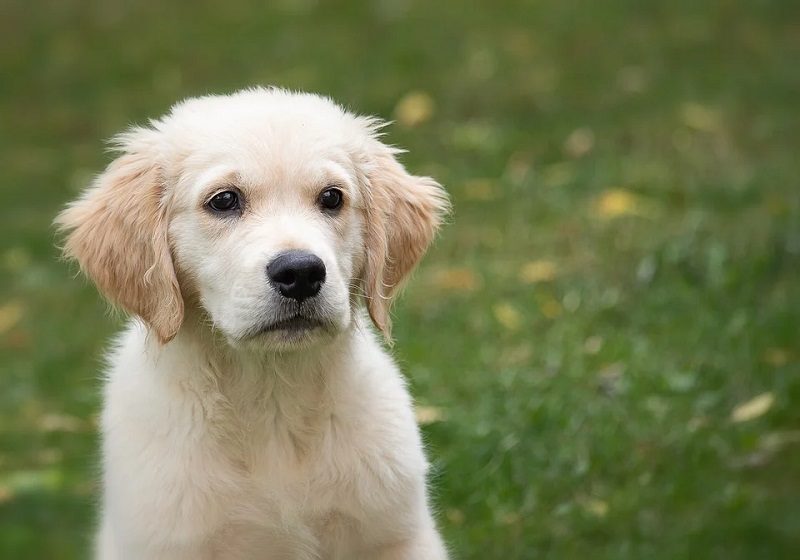
Why Won’t My Golden Retriever Puppy Eat?
There are plenty of reasons why your puppy won’t eat that can vary from a picky palette to serious medical emergencies, so it can be tough to figure out. First and foremost, if your puppy has suddenly stopped eating and will also not eat treats, call your vet as soon as you can. This can be a sign of a more serious condition and may need emergency treatment, depending on other symptoms.
Emergencies aside, if your puppy has never been too excited for mealtime but is gobbling up treats, that’s usually a sign of a picky eater. Thankfully, picky eating can be solved by switching to a new formula, protein source, or brand. Be careful not to try too many brands at once to avoid indigestion, especially if you are also changing the type of protein as well.
How Much Food Should an Adult Golden Retriever Eat?
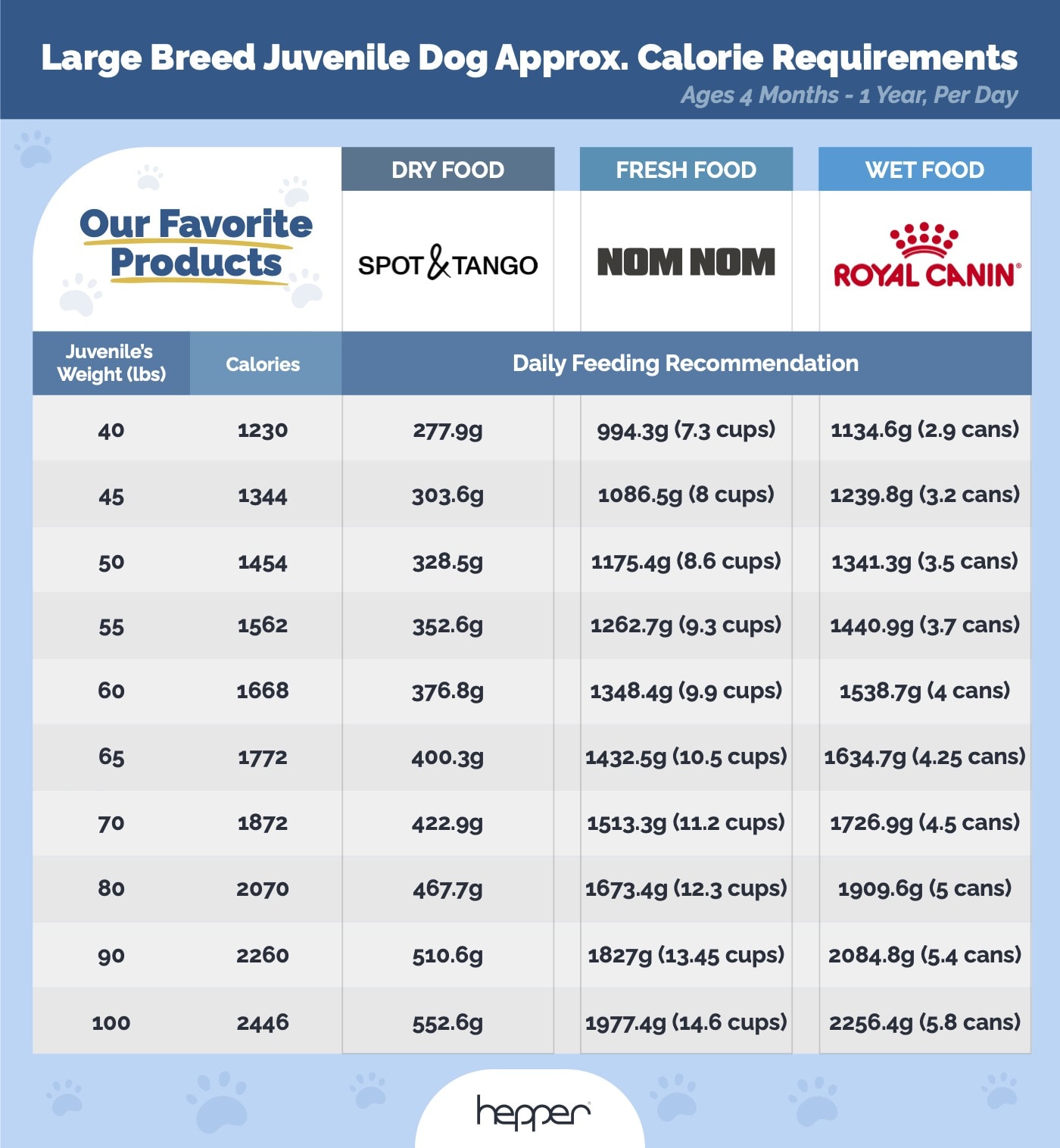
Generally, the average amount of food an Adult Golden Retriever eats is around 3–5 cups a day. The problem is that each dog is different and will have its own specific needs. Factors like age, gender, energy levels, and lifestyle are all things that will increase or decrease the amount of food given. Also, some dog food recipes are high in calories and don’t require as much per meal. When in doubt, consult with your veterinarian to prevent malnutrition or obesity, both of which can lead to more serious conditions if left unchecked.
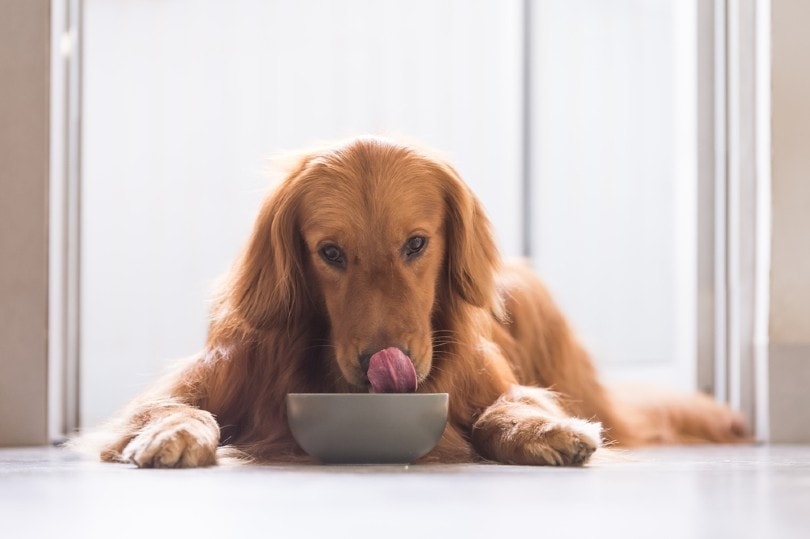
Golden Retriever Feeding Guide for Seniors
Golden Retriever seniors are similar to adult dogs, but they also have their own specific needs. We recommend looking for a dry kibble formulated for large breed senior dogs, which will have nutrients to help support their heart and joint health. The amount will also depend on how active your senior Golden is, as well as size and gender. Again, the best option is to simply ask your vet for guidance on how much to feed.
Why Is My Golden Retriever Always Hungry?
Golden Retrievers are naturally food-motivated dogs, so it may seem like your Golden is constantly hungry. However, your dog may actually be telling you that it’s not getting enough food a day. Spotting the difference between a food-obsessed dog and a truly hungry dog is crucial, which can be done by observing any sudden change in their growth or appetite.
Is your dog looking leaner than normal? Is your dog inhaling food at lightning speed? Has your dog suddenly been counter-surfing when he hasn’t done that before? These are all questions that you’ll have to ask in order to pinpoint what the issue is.
Since Goldens really enjoy mealtime, a slow feeder is usually recommended. This will also help prevent bloat and other similar problems from eating too fast. We also recommend a feeding schedule instead of free feeding, since dogs, in general, do best on a routine.
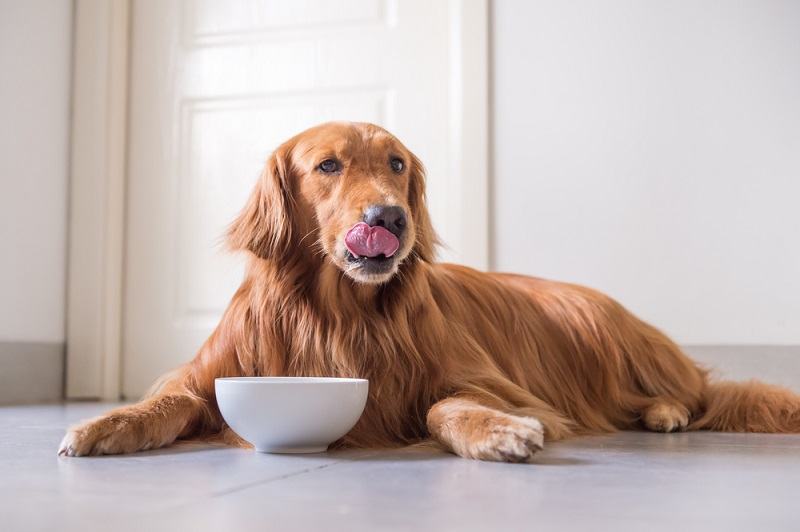
What Foods Are Bad for Golden Retrievers?
Most dog food brands are perfectly safe for Golden Retrievers, but there are some things to avoid. Grain-free diets have been directly linked to heart disease in Golden Retrievers, though ironically they’re often the first diet to be recommended. We also recommend avoiding any dog food that is low in quality but “budget-friendly”, as they’re most likely made with cheap filler ingredients.
Human food should absolutely be avoided, especially if it’s been cooked with onions, spices, and other potentially toxic ingredients. If you must feed your Golden any “people” food, it should only be small chunks of white chicken meat or cooked beef, with no spices or flavors added.
Conclusion
Golden Retrievers are fairly active dogs that will need quite a bit of food a day, especially for more active and athletic dogs. Feeding your dog the correct amount is crucial to a healthy and happy Golden, but it can be confusing with conflicting information on the internet.
We made this guide and Golden Retriever feeding chart to make it easier to understand how to feed your Golden puppy, adult, or senior. However, the best option is to consult with your veterinarian, since he or she will know your dog’s needs through a series of tests and bloodwork.
Featured Image Credit: Sophie Louise Davis, Shutterstock




